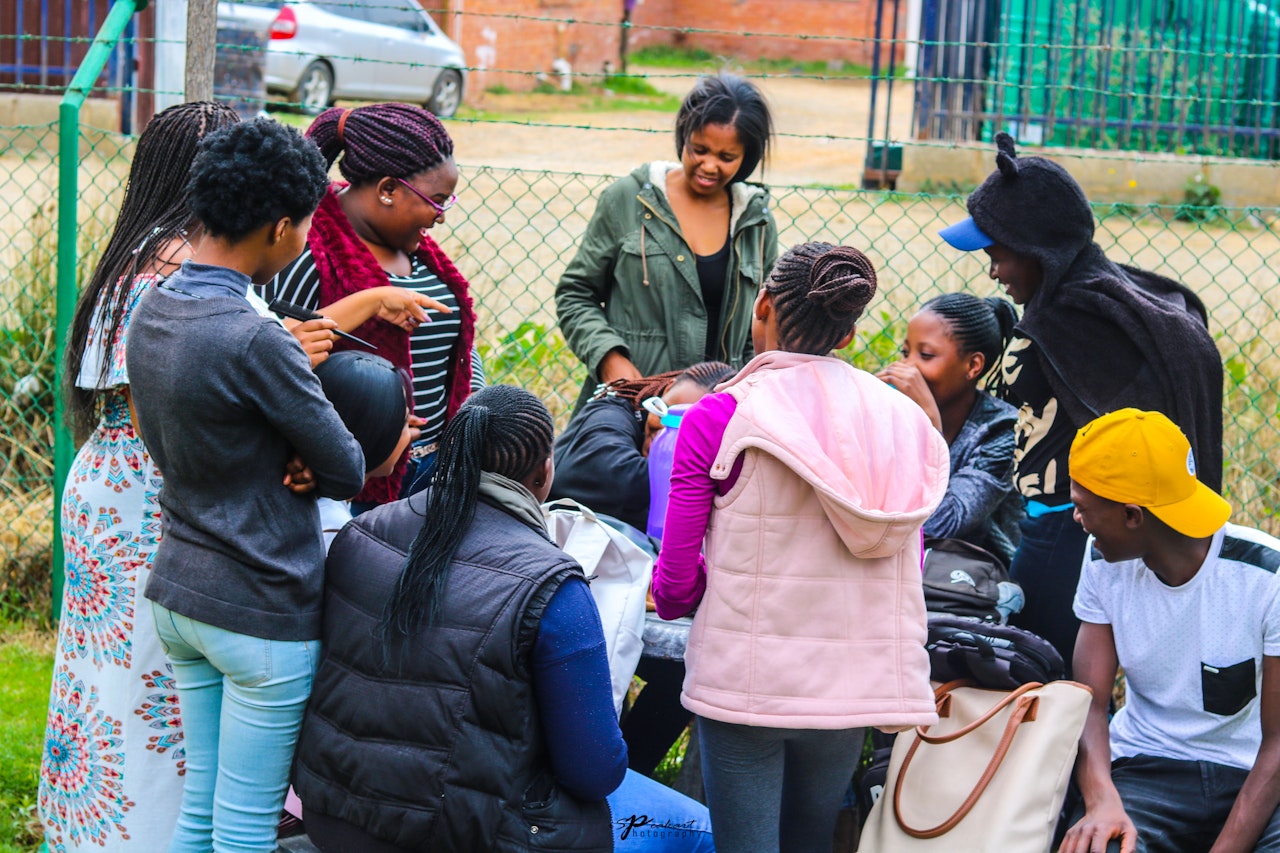A new school year marks a fresh start for students. They are entering new classrooms, getting new teachers and making new friends. In a perfect world, every child would have all of the tools necessary to have a great school year. The reality is, however, some students need an extra push at home to succeed. Toni Cox is a longtime teacher who recently became an elementary school assistant principal. The educator says there are certain problems some Black students face that parents can help them overcome to find success.

Biggest Hurdles
There are two areas of concern that Cox says some Black students face, putting them at a disadvantage in the classroom. First, a lack of support from parents. When students don’t get help with homework or are not encouraged to study, it affects their performance at school.
“Lack of parental guidance and support can result in behavioral concerns at school, such as frequent absences, tardiness, and disagreements with peers or teachers,” Cox told 21Ninety.
Schools can offer mentoring programs, counseling and after-school activities to help reduce these effects. Another concern Cox has for children is missing out on real world experiences. She says she has come across many students who have not traveled outside of their neighborhoods.
“Outside of school, students with limited cultural and social experiences may need help understanding or connecting to the curriculum,” Cox told 21Ninety.
Teachers can offer new experiences through technology, having guest speakers, and going on virtual field trips.
Identifying Specific Problem Areas
The best way for parents to find a successful path for Black students is to identify where children are struggling academically. Schedule a meeting with their teacher. This way, you can get recommendations on how your child can improve. Many resources are available for parents to use like tutoring, online programs, or after-school programs that can provide extra help.
“Parents must be aware of any underlying issues, such as learning disabilities, emotional problems, or health issues, that might be affecting academic performance,” Cox said.
Some parents may notice that their child has issues being social in school. Cox encourages parents to pay attention to what kids say and how they feel without judgment. Show them how to have good social interactions like listening, sharing and making eye contact. Encourage kids to find hobbies they enjoy like sports, clubs or arts. This gives them a chance to form friendships.
“Parents might include the school counselor or a mentoring program, to assist with social skills and to boost their confidence,” Cox suggested.
Help at Home
Parents have to spend time at home reinforcing good skills for kids by creating and sticking to a routine. This provides structure and good time management skills. Next, connect with the child’s teacher.
“Building ties with their child’s teacher keeps the parent informed of what is going on in the classroom and how to provide support at home,” Cox said.
Help kids set goals for themselves. Their wins should be celebrated, and losses should be confronted with support and encouragement. Cox believes paying attention to their emotional well-being provides a safe space for them to learn and grow.
“Listen to their concerns, offer support, and create a comfortable environment for them to express themselves,” Cox explained.
Support from Other Adults
Unfortunately, some children don’t have parents that can or are willing to support their studies. This is where other responsible adults in a child’s life can step in. Mentoring programs can be a big help with a child’s academic and personal development.
“Mentors can assist children in overcoming academic obstacles and making life decisions,” Cox explained. They can volunteer to help with schoolwork or instruct the students in subjects where they struggle.”
Having a good mentor helps students close learning gaps and increases a child’s confidence.
